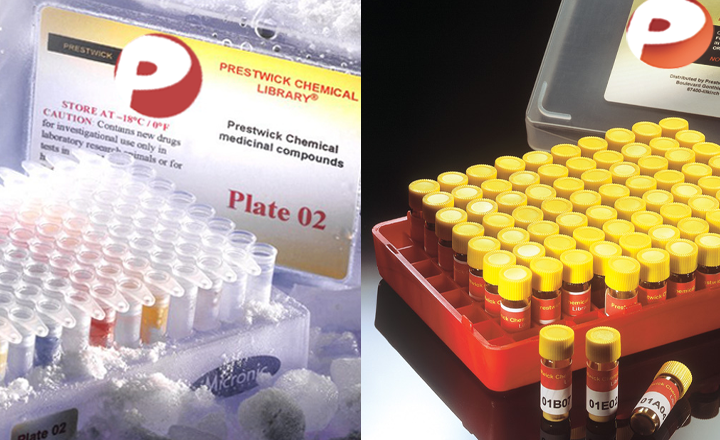Guanabenz acetate induces endoplasmic reticulum stress-related cell death in hepatocellular carcinoma cells
Kang HJ, Seol HS, Lee SE, Suh YA, Kim J, Jang SJ, Yu E
Journal of Pathology and Translational Medicine - vol. 53 94-103 (2019)
Journal of Pathology and Translational Medicine
Background: Development of chemotherapeutics for the treatment of advanced hepatocellular carcinoma (HCC) has been lagging. Screening of candidate therapeutic agents by using patient-derived preclinical models may facilitate drug discovery for HCC patients. Methods: Four primary cultured HCC cells from surgically resected tumor tissues and six HCC cell lines were used for high-throughput screening of 252 drugs from the Prestwick Chemical Library. The efficacy and mechanisms of action of the candidate anti-cancer drug were analyzed via cell viability, cell cycle assays, and western blotting. Results: Guanabenz acetate, which has been used as an antihypertensive drug, was screened as a candidate anti-cancer agent for HCC through a drug sensitivity assay by using the primary cultured HCC cells and HCC cell lines. Guanabenz acetate reduced HCC cell viability through apoptosis and autophagy. This occurred via inhibition of growth arrest and DNA damage-inducible protein 34, increased phosphorylation of eukaryotic initiation factor 2α, increased activating transcription factor 4, and cell cycle arrest. Conclusions: Guanabenz acetate induces endoplasmic reticulum stress-related cell death in HCC and may be repositioned as an anti-cancer therapeutic agent for HCC patients.


